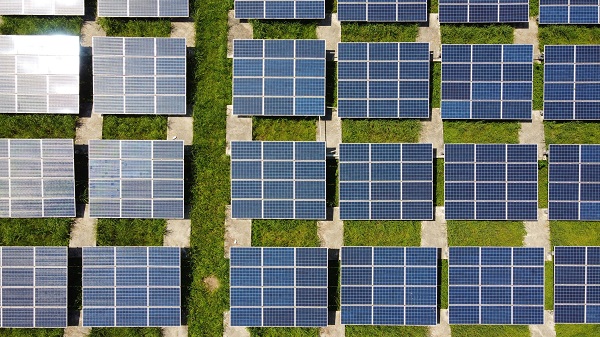A Revolutionary Solution to Remove Carbon Emissions from the Sea

Captura Corporation, a spinoff of the California Institute of Technology, has developed a ground breaking plan called Direct Ocean Capture (DOC) to remove carbon emissions from the ocean. The company’s patented electrodialysis process extracts carbon dioxide from ocean water, releasing purified water back into the ocean. The purified CO2 can be sequestered or used to produce low-carbon materials. Captura aims to achieve large-scale carbon removal at a lower cost than existing methods. Following successful pilot trials, the company plans to set up a second direct ocean capture system in collaboration with AltaSea at the Port of Los Angeles.
Embracing Sustainable Burials and Enriching Life After Death

Dutch company Loop Biotech is revolutionizing the funeral industry by growing coffins and urns using mycelium (the root structure of mushrooms) and hemp fiber. These eco-friendly alternatives biodegrade in just a month and a half, compared to traditional wooden coffins that take years to break down. Loop Biotech aims to offer individuals a more sustainable and personalized approach to burial, aligning with their environmental values. The company also produces urns that can be buried with a sapling, allowing the ashes to contribute to the growth of a new tree. Loop Biotech’s partnership with Natuurbegraven Nederland provides protected parks for these nature-centric burials. The mushroom-based coffins and urns have gained popularity, particularly in Northern European countries where environmental consciousness and understanding of the ecosystem are high.
Transforming Coffee Waste into Climate-Saving Biochar

Cameroon’s largest coffee-processing plant, Synergie Nord Sud (SNS), is converting coffee husks into biochar, a versatile material with numerous climate benefits. Biochar is produced through pyrolysis, a process that removes CO2 from the atmosphere and turns organic matter decay into a carbon-negative process. Recognized as a “negative emissions” technology, biochar has the potential to play a significant role in limiting global warming. It improves soil fertility, produces green energy, reduces waste, and sequesters carbon. Biochar also offers benefits beyond climate mitigation, such as providing an alternative to damaging peat mining and enhancing crop yields. NetZero, the company running the biochar facility in Cameroon, aims to scale up production and remove two million tons of CO2 annually by 2030. Similar projects are emerging worldwide, indicating the growing interest in biochar as a sustainable solution.
Clean Energy Technology Takes the Lead

Solar energy investments are projected to surpass investments in oil for the first time in history, according to the International Energy Agency (IEA). Clean energy technology is outpacing fossil fuel spending due to concerns over affordability and energy security amid the global energy crisis. The report highlights that clean energy investments, primarily in solar, account for 90% of all power generation investments. Factors contributing to this shift include strong economic growth, volatile fossil fuel prices, and supportive policies promoting clean energy. However, the IEA emphasizes the urgent need for a rapid decline in fossil fuel investments to achieve net-zero emissions by 2050.
‘Seawheat’ To the Rescue

Scientists are exploring the mass production of a specific seaweed species called Ulva as a potential staple crop, referred to as “seawheat,” to address potential food shortages caused by extreme weather events and declining crop yields. Undersea farming of seaweed is being considered as a solution, with efforts to create recipes by chefs and promote the nutritional benefits of seaweed. A collaborative initiative involving 33 countries aims to bring seawheat to supermarket shelves and introduce it as a nutritious and low-calorie food source.



